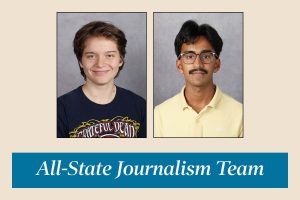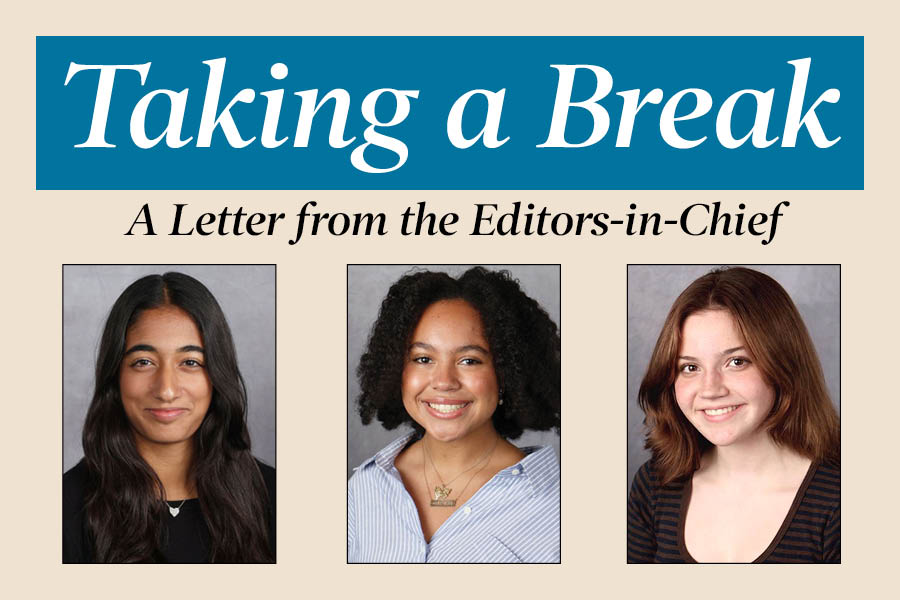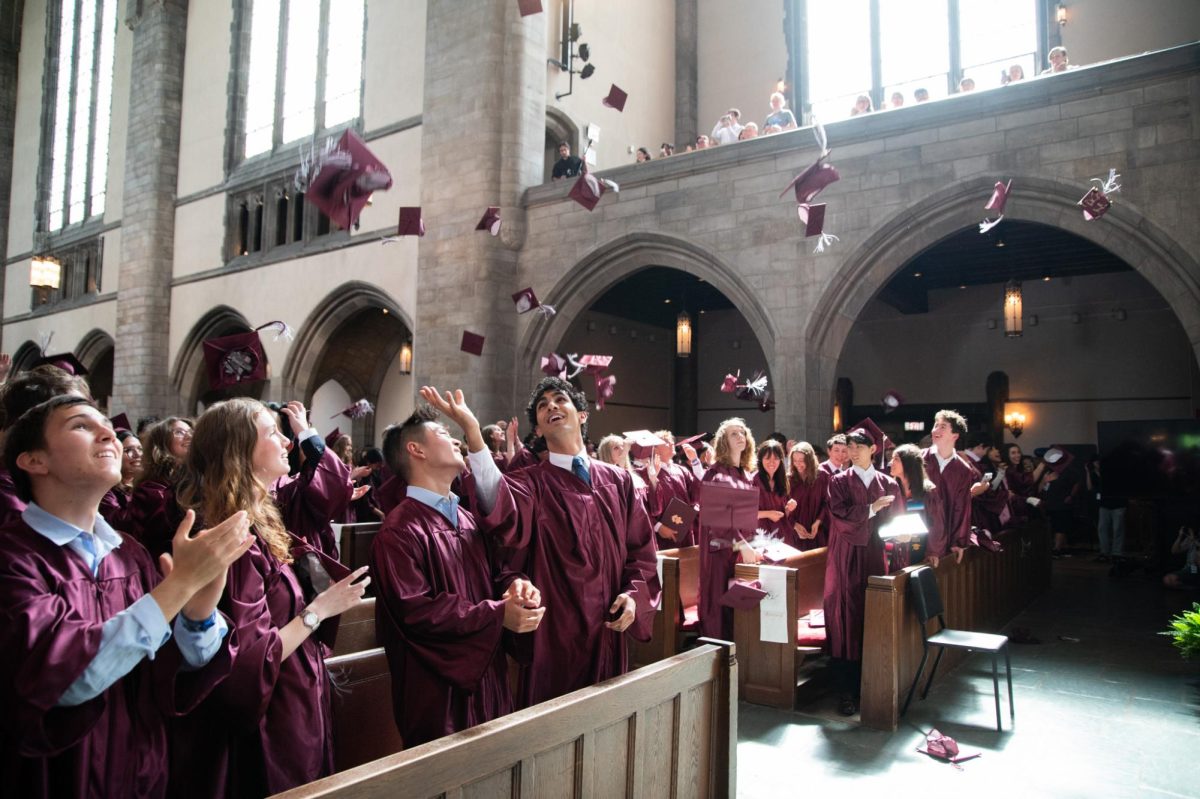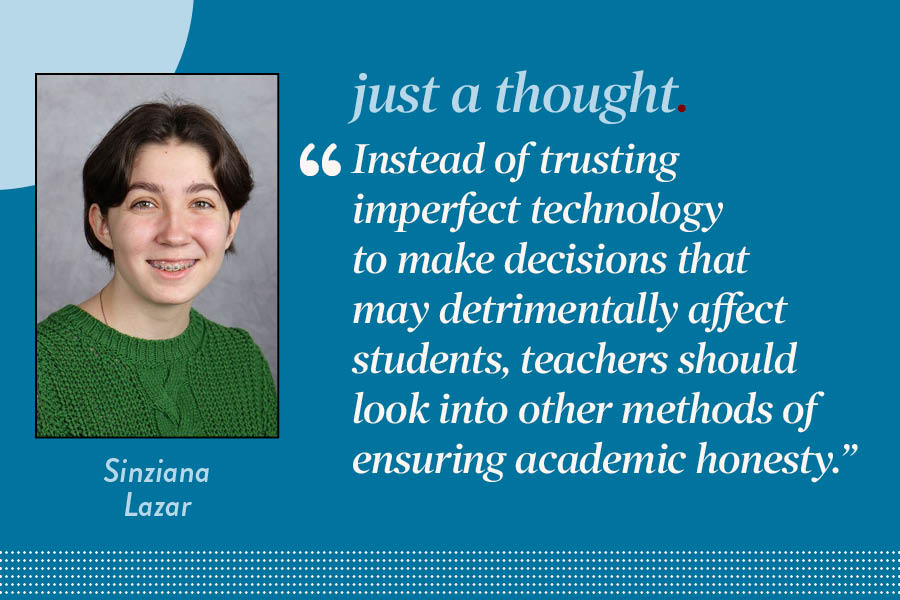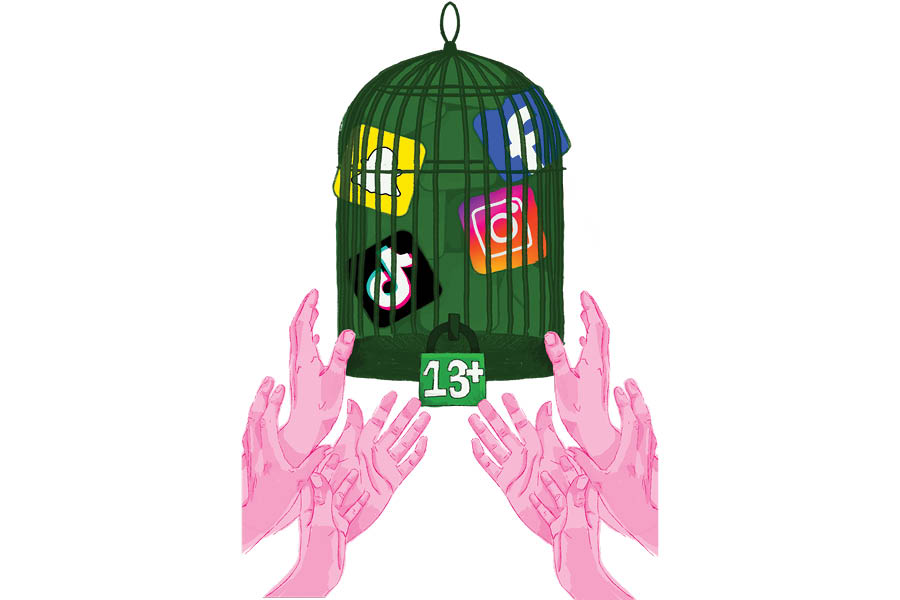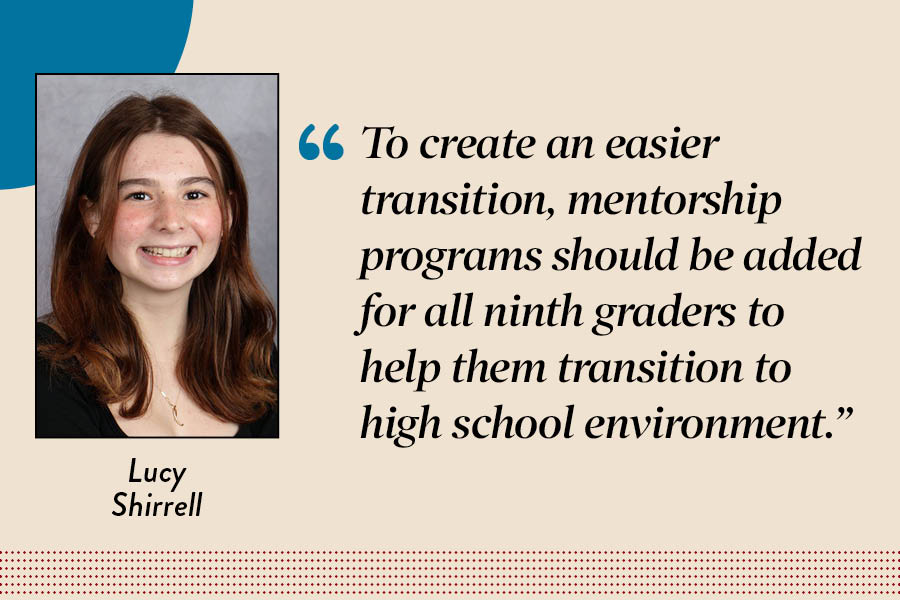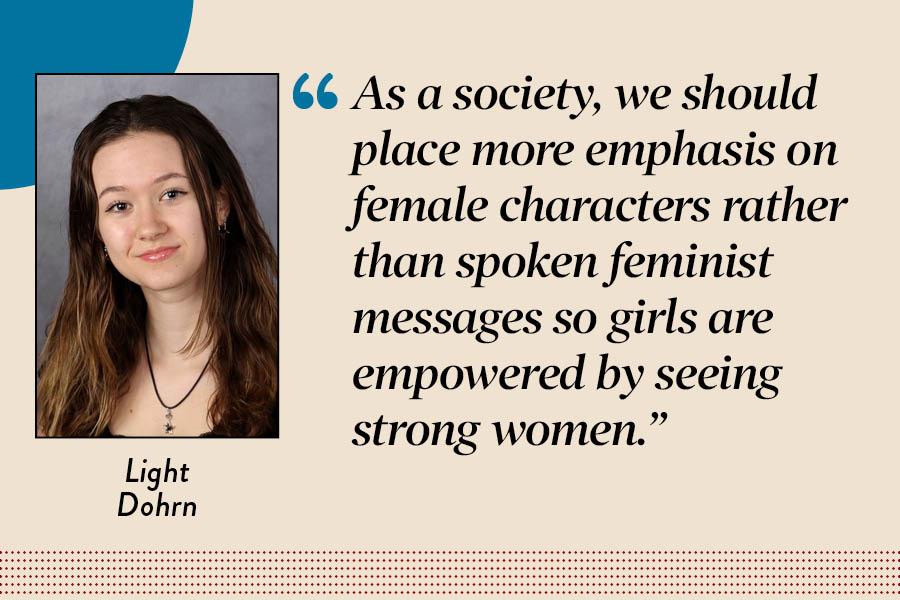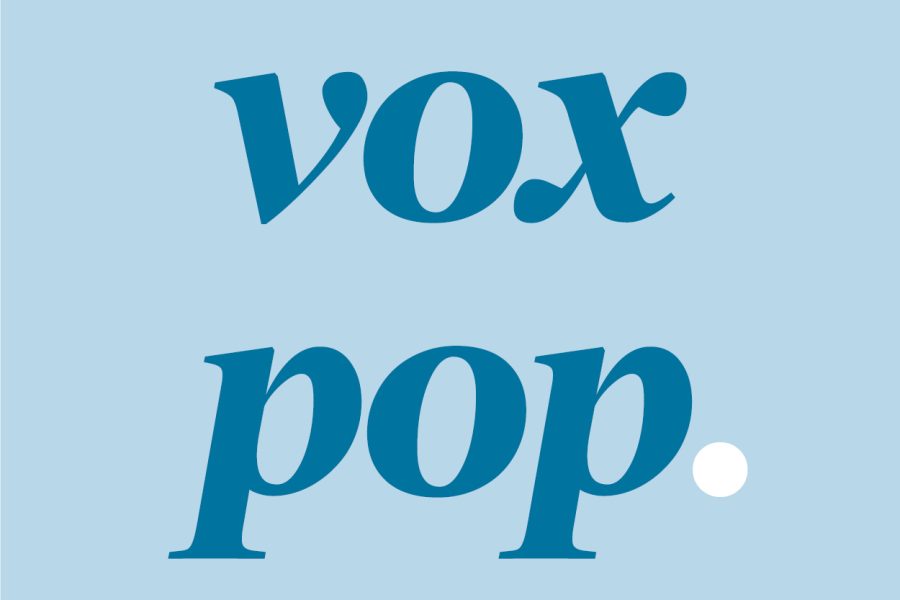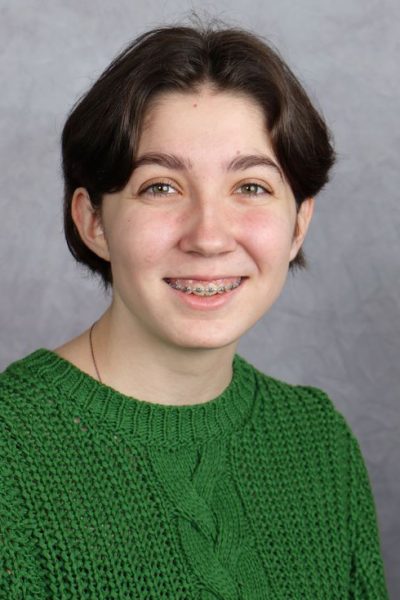As more students turn to artificial intelligence programs such as ChatGPT to complete assignments, teachers are searching for ways to counter this technology with AI tools of their own, namely Turnitin’s plagiarism detector.
Instead of unequivocally trusting experimental technology, teachers should rely on their own discernment and treat the judgments of AI and plagiarism detection programs with a lot more skepticism.
Vanderbilt University, one of the institutions that has decided not to use Turnitin, said studies found that of the 75,000 papers submitted in the last year, 750 would have been incorrectly flagged by the detection tool’s 1% false positive rate.
According to Bloomberg, Taylor Hahn, a faculty member at John Hopkins University, was one of the many professors to notice that Turnitin disproportionately flagged international students’ papers, which he claimed likely occurs because many students whose first language is not English tend to use simpler sentence structures, in a similar way to how AI writes.
Stanford computer scientists also conducted a concerning study that showed detection tools flagged writings of non-native English speakers as AI-generated 61% of the time, while almost never flagging native speakers.
Until these detection tools are perfected, teachers should revise the way they assign homework by focusing more on in-class work that can be monitored. Instead of trusting imperfect technology to make decisions that may detrimentally affect students, teachers should look into other methods of ensuring academic honesty.





